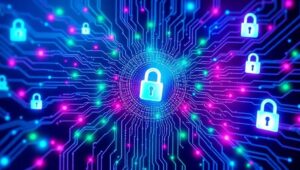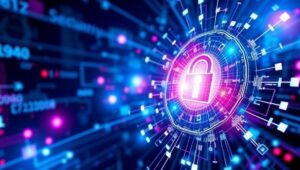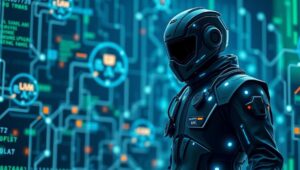The Future of Computing Education: Skills for the Next Generation (2026)
The Future of Computing Education: Skills for the Next Generation (2026) The landscape of computing is evolving at an unprecedented pace. As we look toward 2026, it’s crucial to re-evaluate and adapt computing education to equip the next generation with the skills they’ll need to thrive. This post explores the key areas that will shape the future of computing education and the skills that will be most in-demand. Key Trends Shaping Computing Education Several trends are converging to redefine computing education: Artificial Intelligence (AI) and Machine Learning (ML): AI is no longer a futuristic concept; it’s integral to many industries.












